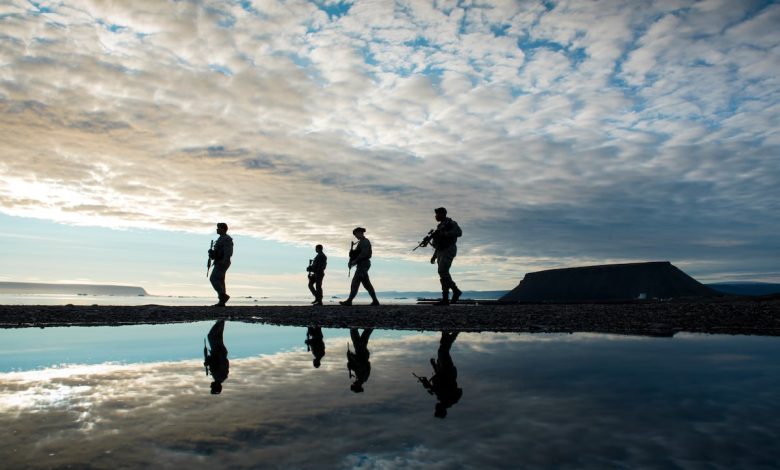European leaders wrestle to understand Trump Greenland head-scratcher

MILAN — Several European leaders have cautioned Donald Trump against violating the sovereignty of other NATO allies across the continent, following comments by the U.S. president-elect that did not rule out using military force to annex Greenland’s territory.
Trump, who will be sworn in on Jan. 20, said earlier this week that he would not preclude employing military or economic action to make the Arctic island part of United States.
German Chancellor Olaf Scholz was among the first to issue a response to Trump’s statements, which he said sparked “incomprehension” among other European Union governments he was in contact with.
“Borders must not be moved by force – this principle applies to every country, whether in the East or West… [I am] in talks with our European partners, there is an uneasiness regarding statements from the U.S.,” Scholz wrote in a Jan 8. post published on his social media account on X.
The reaction of French Foreign Minister Jean-Noël Barrot was more assertive, when he said during an interview that it was inconceivable that the EU would allow other states to attack their sovereign borders.
Barrot added that while he views Trump’s threat to invade Greenland as more theoretical, Europe has nevertheless “entered into a period of survival of the fittest.”
Greenland is an autonomous territory that has been part of Denmark for hundreds of years, where almost the entirety of the population possesses Danish citizenship. The island has its own government, which is led by Prime Minister Mute Egede, and plans to one day become independent.
It is a member of NATO, and as such is protected by the mutual defense pact provided by Article 5.
Trump has expressed interest in taking control of Greenland since 2019, as the island’s strategic importance has grown considerably as a result of ice melting, creating new shipping routes. It is also home to one of the world’s largest rare earth metal layers.
“Greenland has made it clear that it is not for sale and will not be in the future either,” Danish Prime Minister Mette Frederiksen said on Jan 7. On the same day, Donald Trump Jr was visiting the island.
While the self-governing island is not in the EU, it is still classified as an “overseas territory associated with the EU.” This implies that in the event of military action against Greenland, the EU’s mutual assistance clause would be triggered, which would oblige all member-states to offer aid.
Elisabeth Gosselin-Malo is a Europe correspondent for Defense News. She covers a wide range of topics related to military procurement and international security, and specializes in reporting on the aviation sector. She is based in Milan, Italy.







